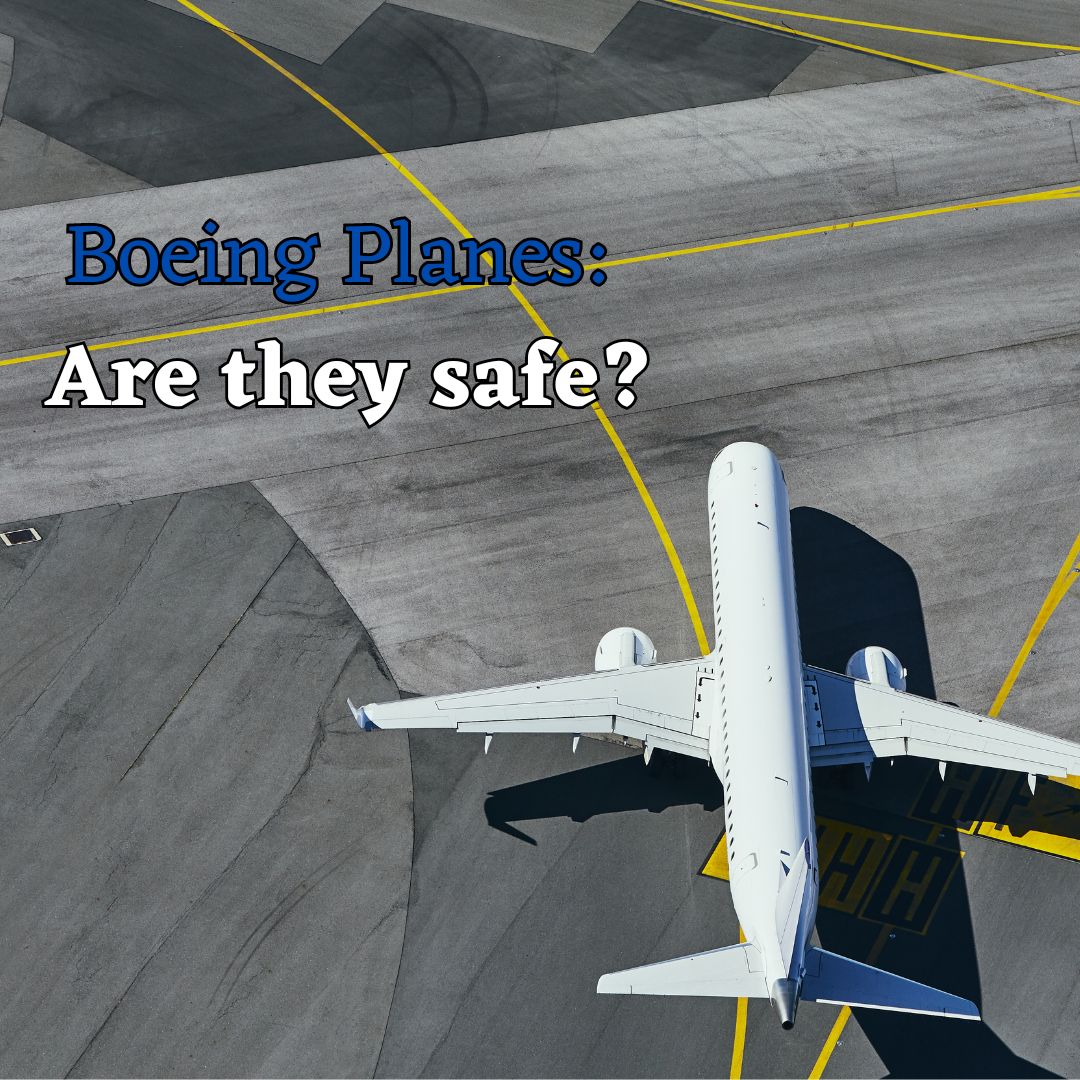Air travel, in general, is safer than it has ever previously been. But, like all industries, there are outliers to this fact: in today’s instance, this is Boeing. The Washington-based aircraft manufacturer has recently experienced a string of issues with some of its models, especially with the Boeing 737 MAX. With four major incidents involving this model since deliveries began in 2017, and 346 people dying in two separate crashes aboard the MAX, many travelers have begun to lose their trust in Boeing, prompting the manufacturer to take action.
The first of four incidents involving the Boeing 737 MAX was Lion Air Flight 610 on Oct. 29, 2018. All 189 passengers aboard passed away after the aircraft, a Boeing 737 MAX 8, entered a nosedive and plunged into the Java Sea. Just five months later, on March 10, 2019, Ethiopian Airlines Flight 302, also a Boeing 737 MAX, experienced a similar sequence, entering a nosedive shortly after takeoff, killing everyone aboard.
Both of these accidents were determined to have occurred due to the Maneuvering Characteristics Augmentation System -or MCAS- taking control of the aircraft in rougher conditions and ultimately pushing the plane into a nosedive rather than doing its job and correcting the pitch of the nose. This first pair of accidents led the Federal Aviation Administration to ground the 737 MAX for 20 months as Boeing worked on a software remedy for the MCAS system.
Once the grounding ended on Nov. 18, 2020, Boeing experienced a relatively safe and incident-free few years until United Airlines Flight 329, a Boeing 737 MAX 9, experienced an engine fire along with all four landing gear tires bursting. An emergency landing was successfully made, but concerns once again began to arise regarding the safety of the plane.This news, while it was quite shocking, didn’t really scare me out of flying Boeing jets at first. However, as the issues have added up, I have started to gain more and more concerns about the safety of their planes, causing me to begin to wonder what Boeing’s real priorities are.
Then, on Jan. 5, 2024, Alaska Airlines Flight 1282, also a 737 MAX 9, experienced a violent decompression as a result of one of the emergency exit doors being sheared off. It was found that the door had numerous bolts and plugs loose, causing Alaska and United Airlines to check all of their 737 MAX aircrafts for these loose fasteners, and ultimately leading to both airlines finding these aircrafts in their fleets with the same issue.
This string of major issues and failures on aircrafts all from one manufacturer and family of planes has resulted in many travelers losing their trust in Boeing, largely thanks to quality concerns. The FAA has taken note of these concerns, barring the manufacturer from increasing production of the 737 MAX aircraft. This restriction sends a clear message to Boeing: they must resolve their quality issues, and prioritize the safety of air travelers over their profits. Thanks to these issues, the company’s quarterly earnings have taken a big hit. I generally don’t believe flying on Boeing’s planes’ as they’ve been a trusted name in the aviation industry for over 100 years, and while the blunder of the 737 MAX family tarnishes that legacy, it doesn’t change the fact that many of the Boeing jets in the sky today were built with a top-notch standard of quality in mind.
The effects go beyond a loss of earnings and the trust of travelers; some of Boeing’s biggest customer airlines – such as American Airlines – are also responding and calling for Boeing to get their act together. Other airlines, like Ryanair and United, have reached a breaking point, with both carriers threatening to cancel orders for hundreds of planes.
Meanwhile, as Boeing’s profits have fallen off, their main competitor, Airbus, experienced significant growth throughout 2023, delivering 735 aircrafts in the year, compared to Boeing’s 528 deliveries completed. As this gap between Airbus and Boeing continues to expand, the American manufacturers’ efforts to come back may ultimately fall short, perhaps cementing Airbus’ role in the top spot of the commercial aviation industry.
With 2024 presenting a new year for Boeing to begin rebuilding their reputation, the steps for the company are clear. Regaining the trust of travelers will be vital as airlines also begin placing new orders for aircrafts, like the 737 MAX family. If they implement numerous new quality control standards and demonstrate these improvements to the flying public, their current situation will start to improve. If their quality doesn’t improve, the competition in the commercial aviation industry may begin to die out, pushing Airbus to the top of the industry, as Boeing will potentially lose out on certain customers for good.
The path for Boeing to regain customer support will take a long time, but as conditions improve and the issues these planes have had begin to get sorted out, the fight to regain the top spot in the aerospace industry will once become just as fierce as it had been.










Abbey Mosher • Apr 2, 2024 at 8:54 pm
Great article!